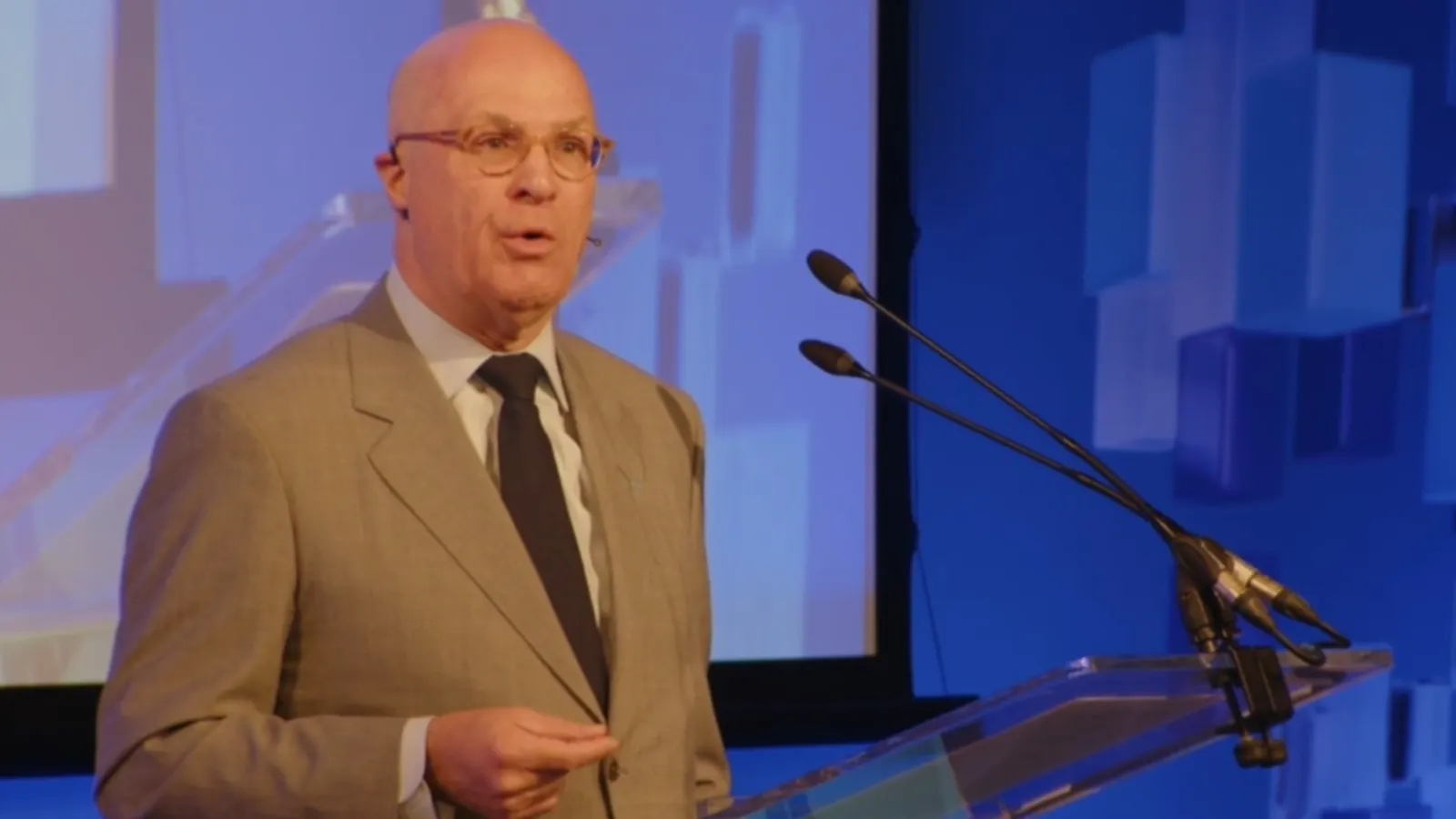Despite heading the Digital Dollar Project as a co-founder and executive chairman, J. Christopher Giancarlo believes that CBDCs aren’t the only way forward in finance.
“The sometimes fashional debate at conferences, such as this, between CBDC's and stablecoins and crypto is a complete and false choice,” Giancarlo said at the Financial Times Crypto and Digital Assets Summit earlier today. “The global future is all of the above: crypto, CBDCs, stablecoins, and more.”
This is music to the ears of many crypto enthusiasts who see CBDCs as an oppressive force made by authoritarian governments or a tool to help reject crypto as a new financial standard.
The Digital Dollar Project is a neutral, non-profit organization which aims to help explore digital innovation in money. The company has said it believes that the U.S. should only consider issuing a CBDC once key design elements are properly understood, to avoid security and privacy risks. It has previously laid out a plan for a digital US currency.
Last November the Digital Dollar Project hosted a conference with nonpartisan international affairs organization Atlantic Council, which gathered international policymakers, privacy advocates, central bankers, and more.
“After those three days, two things were abundantly clear. Digital currency networks, both sovereign and non sovereign and centralized and decentralized are coming very fast,” Giancarlo explained at the conference. “And two: The time for global standards, dare I say enlightened democratic standards, is now.”
Looking across the globe, he sees political and social division fueling wars. As a result, Giancarlo sees the financial system, as we know it today, beginning to change.
“What some people call Pax Americana is gradually yielding to a 21st century worldwide kaleidoscope of overlapping and partially interoperable digital networks of value,” Giancarlo explained. “Some will be decentralized like Bitcoin, and others will be variously centralized and operated by global banks and big tech companies. And others will be deployed by national governments.”
With this future, many people across the political spectrum, Giancarlo said, are concerned about the troves of financial data that could be accessed by governments, banks, and big tech. This is often why people fear CBDCs—they believe they’ll be used for surveillance or even to deny financial transitions.
“That's why regardless of the form of digital currency—sovereign or non sovereign, CBDC, or stablecoin—it's imperative that free society thoughtfully consider privacy implications,” Giancarlo said, “and insist that the emergence of digital networks of value be consistent with key norms, constitutional freedoms, and civil rights.”
The Digital Dollar Project believes the future of digital currency—both CBDCs, stable coins, and crypto—is one that can enhance the free world. But in order to do so, the public and private sectors must work together as they did with the internet (see: the Internet Society, ICANN, and more).
“Let's not be intimidated by this innovation, but see it to enhance the dignity of our fellow men and women.” Giancarlo said to close his keynote, “Let's shape the future of finance, banking and money itself, in accordance with our finest and noblest human values.”
Edited by Stacy Elliott.

